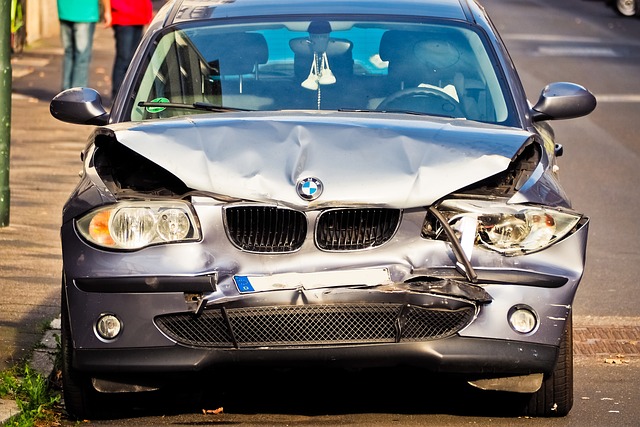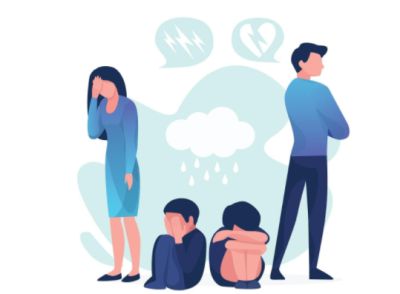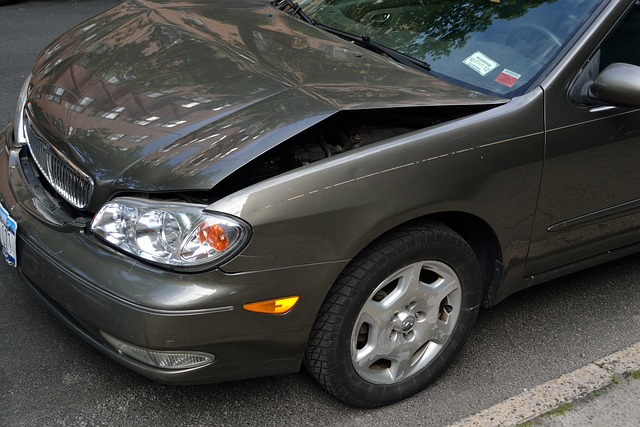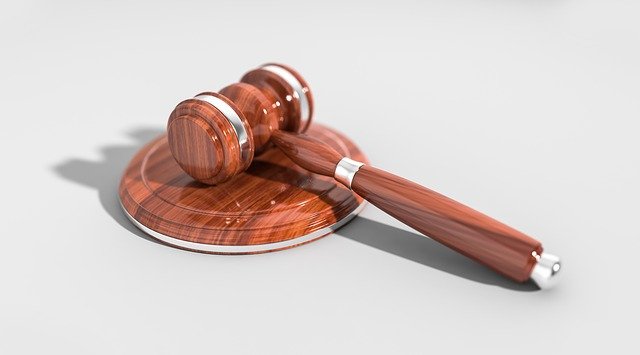What You Should Do If You Get In A Car Accident In Denver

Unfortunately, Denver, a bustling metropolis with heavy traffic and diverse roadways, sees its fair share of road accidents. With the city’s ever-growing population and the increasing number of vehicles on the road, accidents have become a prevalent issue for Denver drivers.
Whether due to rush-hour traffic, unpredictable weather conditions, or other factors, these incidents can range from minor fender-benders to more serious collisions.
Understanding what to do in a car accident in Denver is crucial for your immediate safety and handling the aftermath effectively. This article aims to guide you through the essential steps following a car accident in Denver, from ensuring safety at the scene to navigating the subsequent legal and insurance processes.
Let’s explore how to manage this challenging situation with confidence and clarity.
Ensure Safety and Check for Injuries
The first and foremost step after a car accident in Denver is to ensure the safety of everyone involved. If possible, move your vehicle to a safe spot, like the side of the road, to avoid blocking traffic and further accidents. Immediately check yourself and others for injuries.
If anyone is hurt, call 911 right away. Even if the injuries seem minor, getting medical attention is crucial as some injuries may not be immediately apparent. Remember, your health and safety are the top priority. Also, turning on your hazard lights and setting up warning triangles or flares can help alert other drivers to your presence, further securing the accident scene.
Consulting a Good Car Accident Lawyer in Denver
Suppose you’re involved in a car accident in Denver. In that case, consulting a reputable car accident lawyer can be wise, especially if the accident resulted in significant injuries or property damage.
Experienced car accident lawyers, like those at O’Sullivan Personal Injury Law Firm, can provide legal advice, help you understand your rights, and represent you in negotiations with insurance companies or court if necessary.
O’Sullivan is a small but compassionate and effective car accident law firm in Denver. They can assist you in securing fair compensation for any damages and injuries you’ve sustained.
Look for an attorney with experience in handling car accident cases in Denver, as they will be familiar with local laws and regulations. An adept lawyer can be a valuable ally, ensuring your interests are protected throughout the legal process.
Call the Police and File a Report
In Denver, it’s important to call the police immediately after a car accident, especially if there are injuries or significant property damage.
The responding officers will fill out an accident report, which is crucial for insurance claims and legal purposes. Be sure to cooperate fully with the police, providing them with accurate information about the accident. However, avoid admitting fault or making statements interpreted as an admission of liability.
The police report will serve as an official record of the incident and can be instrumental in resolving any disputes that may arise later regarding the accident. Remember to ask the officers for a copy of the report for your records.
Exchange Information with Other Parties
After ensuring everyone’s safety and contacting the police, exchange contact and insurance information with the other parties involved in the accident. This includes names, addresses, phone numbers, insurance company details, and policy numbers.
Also, note the vehicles’ make, model, and license plate numbers. If there are witnesses, try to get their contact information as well, as their statements could be vital if there are any disputes or legal proceedings.
However, during this exchange, be cautious about what you say. Avoid discussing the fault or details of the accident, as these conversations could be used against you in future insurance claims or legal proceedings.
Document the Accident Scene
Documenting the accident scene is an important step in protecting your interests. If it’s safe, take photographs of the accident scene, including the positions of the vehicles, any visible damage, skid marks, road conditions, traffic signs, and any injuries sustained. These photos can provide valuable evidence for insurance claims and any legal issues that may arise.
Additionally, note the accident’s date, time, and exact location. If the police are on the scene, they will also document this information, but having your own record can be helpful. This documentation can be crucial in accurately representing the incident to your insurance company or court.
Notify Your Insurance Company
Promptly notifying your insurance company about the accident is essential. Most insurance policies require immediate reporting and full cooperation. Please provide them with all the relevant information about the incident, but refrain from admitting fault or making statements that could affect your claim.
Your insurance company will guide you through the claims process and tell you what they need for your claim. They may require a copy of the police report, photographs of the accident, and other documentation. Be honest and as accurate as possible when providing details to your insurer.
This step is crucial for a smooth claim process and ensuring you receive the appropriate coverage for damages and injuries resulting from the accident.
Seek Medical Attention Immediately
Even if you feel fine after the accident, seeking medical attention is crucial. Some injuries, especially those related to the neck, back, or head, can manifest hours or even days after the accident. Visiting a doctor or an emergency room ensures that hidden injuries are diagnosed and treated promptly.
Moreover, having a medical record linking your injuries directly to the accident can be vital in any insurance or legal claims. Explain all your symptoms in detail to the healthcare provider, no matter how minor they may seem.
This step is not just about safeguarding your health; it’s also a crucial part of documenting the accident’s impact.
Keep Detailed Records and Receipts
Maintaining detailed records and keeping all receipts related to the accident is essential. This includes medical bills, repair estimates for your vehicle, and any other expenses incurred due to the accident, such as rental car fees or lost wages.
These documents serve as proof of the financial impact the accident has had on you and are crucial when filing insurance claims or if your case goes to court. Organize these documents and keep them in a safe place.
A comprehensive and orderly record can expedite the claims process and increase the likelihood of receiving fair compensation for your losses and expenses.
Conclusion
Navigating the aftermath of a car accident in Denver requires well-informed steps to ensure your physical, financial, and legal well-being. From prioritizing immediate safety and medical attention to consulting a competent car accident lawyer, each step plays a crucial role in your recovery journey.
Maintaining detailed records, being cautious with insurance settlements, and following up on medical treatments are equally important. By taking these actions, you can manage the situation effectively, safeguarding your rights and well-being.
Remember, while the road to recovery might seem daunting, knowing the right steps can clarify and ease the process, helping you move forward after the accident.






